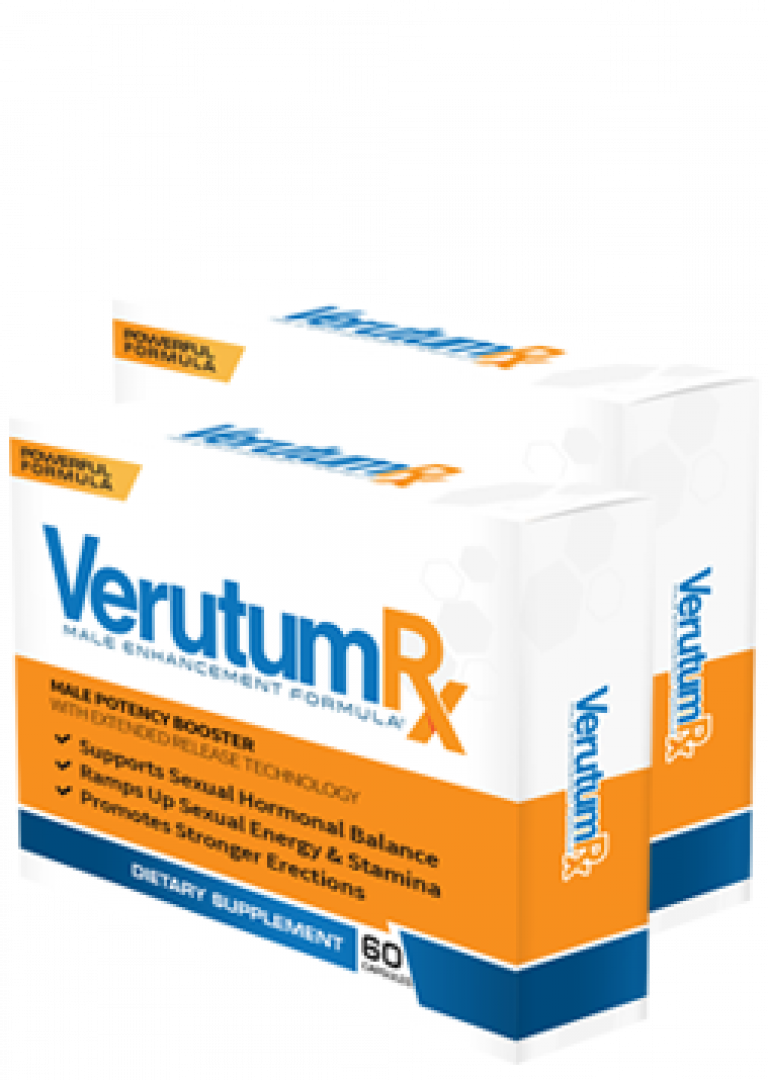Understanding and Overcoming ED Problems for Men’s Health!
Erectile dysfunction is a common issue affecting millions of men worldwide, yet it remains a sensitive topic for many. With advancing age, lifestyle changes, and other health factors, the prevalence of ED increases. However, it’s important to note that erectile dysfunction is not an inevitable part of aging. Understanding the causes, prevention, and available treatment options can significantly improve quality of life and restore confidence.
In this article, we’ll dive deep into the subject of erectile dysfunction, discussing its causes, treatment options, lifestyle changes, and preventive measures to help you manage and overcome this condition.

- What is Erectile Dysfunction?
Erectile dysfunction, commonly referred to as ED, is the inability to achieve or maintain an erection sufficient for satisfactory sexual performance. While occasional erection issues are common and often due to stress or fatigue, persistent erectile dysfunction can signal underlying health problems.
According to studies, ED affects approximately 30 million men in the United States alone, with the number growing as men age. However, ED is not exclusively an age-related condition; younger men can experience it too, and the reasons may vary.
Symptoms of Erectile Dysfunction:
- Difficulty achieving an erection
- Difficulty maintaining an erection during sexual activity
- Reduced interest in sex or decreased libido
- Common Causes of Erectile Dysfunction
ED is a multifactorial condition, meaning it can stem from a variety of physical, psychological, and lifestyle factors. The following are some of the most common causes of erectile dysfunction:
- Physical Causes
- Cardiovascular Disease: Poor heart health and blocked arteries can restrict blood flow to the penis, making it difficult to achieve an erection.
- Diabetes: Diabetes can damage nerves and blood vessels, which play a crucial role in sexual performance.
- Obesity: Being overweight is a major risk factor for developing ED, as it can lead to hormonal imbalances and cardiovascular issues.
- High Blood Pressure: Hypertension can affect blood vessels and reduce the blood supply needed for an erection.
- High Cholesterol: Elevated cholesterol levels can contribute to plaque buildup in arteries, restricting blood flow to the penis.
- Neurological Disorders: Conditions such as Parkinson’s disease and multiple sclerosis can impair nerve function, leading to ED.
- Hormonal Imbalances: Low levels of testosterone or thyroid issues can interfere with sexual function.
- Psychological Causes
- Stress and Anxiety: Mental health plays a significant role in sexual performance. Stress, anxiety, and depression can all contribute to ED.
- Relationship Issues: Unresolved conflicts with a partner or lack of emotional intimacy can affect sexual desire and performance.
- Performance Anxiety: Fear of failure during sexual activity can create a self-fulfilling prophecy, leading to ED.
- Lifestyle Causes
- Smoking: Nicotine constricts blood vessels and reduces circulation, which can interfere with erectile function.
- Excessive Alcohol: Alcohol abuse can impair sexual performance by affecting both the nervous system and blood circulation.
- Drug Use: Certain medications and recreational drugs can lead to ED.
- Sedentary Lifestyle: Lack of physical activity can increase the risk of ED by contributing to obesity, poor circulation, and stress.
- How to Prevent Erectile Dysfunction
Prevention is always better than cure. While some causes of ED, such as aging or certain medical conditions, are unavoidable, there are many steps men can take to reduce the risk of erectile dysfunction.
- Regular Exercise: Exercise is one of the best ways to improve overall health, and it can also significantly reduce the risk of ED. Cardiovascular exercises such as running, swimming, or cycling enhance blood circulation, while strength training can boost testosterone levels.
- Healthy Diet: A heart-healthy diet not only improves cardiovascular health but also reduces the risk of ED. Incorporating foods rich in antioxidants, such as fruits, vegetables, whole grains, and healthy fats (like those found in fish and nuts), helps keep blood vessels clear and functioning well.
- Weight Management: Maintaining a healthy weight is key to preventing ED. Obesity is linked to both hormonal imbalances and cardiovascular issues, both of which contribute to erectile dysfunction.
- Quit Smoking: Smoking is one of the leading causes of vascular disease, which directly affects erectile function. Quitting smoking can improve blood circulation and reduce the risk of ED.
- Limit Alcohol: While moderate alcohol consumption is generally considered safe, excessive drinking can lead to long-term health issues, including ED. Limiting alcohol intake helps maintain a healthy libido and sexual performance.
- Manage Stress: Chronic stress not only affects mental health but also contributes to ED. Finding effective ways to manage stress, such as meditation, yoga, or therapy, can improve sexual health.
- Get Regular Health Checkups: Routine medical checkups can help detect and manage conditions like high blood pressure, diabetes, and high cholesterol before they lead to more severe health problems like ED.
- Treatment Options for Erectile Dysfunction
If you’re already experiencing ED, don’t worry—there are plenty of effective treatment options available. These range from lifestyle changes and medications to surgical interventions, depending on the severity and underlying cause of the condition.
Medications
- PDE-5 Inhibitors: Oral medications such as Viagra (Sildenafil), Cialis (Tadalafil), and Levitra (Vardenafil) are the most common treatments for ED. These drugs work by relaxing blood vessels, increasing blood flow to the penis.
- Testosterone Therapy: For men with low testosterone levels, hormone replacement therapy can help restore sexual function.
Psychological Therapy
For men whose ED is linked to mental health issues such as anxiety, depression, or relationship problems, cognitive-behavioral therapy (CBT) or counseling may be helpful.
Vacuum Erection Devices
A vacuum erection device is a non-invasive option that uses a vacuum to draw blood into the penis, causing an erection. A ring is then placed around the base of the penis to maintain the erection during sexual activity.
Penile Injections
For men who do not respond to oral medications, injections of medications such as alprostadil can be used to directly increase blood flow to the penis.
Surgical Options
In severe cases where other treatments have failed, penile implants may be considered. This involves surgically placing a prosthetic device in the penis, allowing men to manually control their erections.
- Natural Remedies and Supplements for Erectile Dysfunction
In addition to medical treatments, some men prefer to explore natural remedies and supplements. While these remedies are not always backed by strong scientific evidence, some have shown promise in improving erectile function.
- L-Arginine: L-Arginine is an amino acid that boosts nitric oxide production, improving blood flow to the penis. It is found in certain foods like meat, nuts, and dairy, and is also available as a supplement.
- Ginseng: Often called “herbal Viagra,” ginseng has been used in traditional medicine to treat ED. Some studies suggest that it may help improve erectile function in men with mild to moderate ED.
- Horny Goat Weed: This herbal supplement has been used to treat sexual dysfunction in traditional Chinese medicine. It contains a compound called icariin, which may help increase blood flow to the penis.
- Yohimbine: Derived from the bark of an African tree, yohimbine is a supplement that has been studied for its ability to treat ED. However, it can cause side effects and should be used with caution.
- When to See a Doctor: It’s essential to consult with a healthcare provider if you’re experiencing persistent ED. A doctor can evaluate your overall health, identify the underlying cause, and recommend the most appropriate treatment options. Seeking help early can improve outcomes and prevent the condition from worsening.
Conclusion
Erectile dysfunction is a common but treatable condition that can affect men of all ages. By understanding the causes, making healthy lifestyle changes, and exploring both medical and natural treatment options, many men can successfully manage or even overcome ED. If you’re experiencing symptoms, don’t hesitate to seek professional help it’s the first step toward reclaiming your health and confidence.
More Information
https://www.laweekly.com/titanflow-reviews-ive-tested-my-honest-experience/




